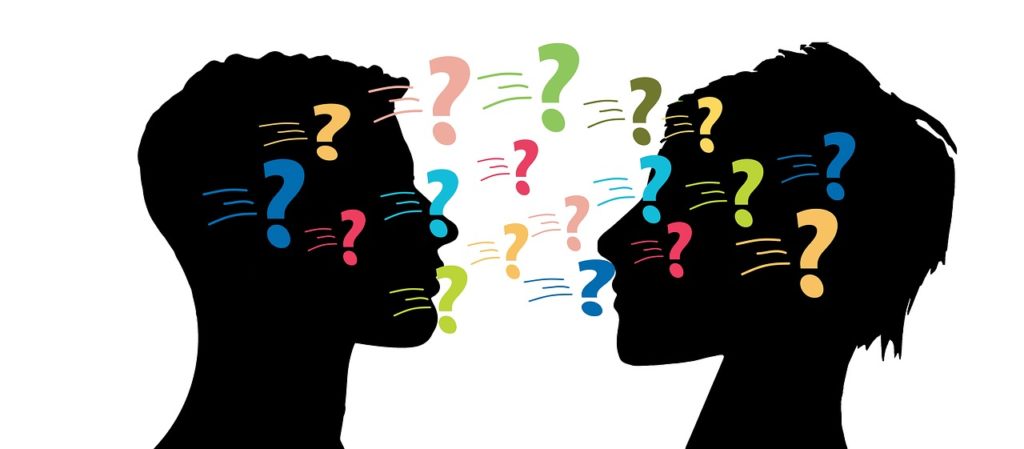
Effective communication is a cornerstone of personal and professional success. Whether in the workplace, social settings, or relationships, the ability to express oneself clearly and listen actively is paramount. In this blog, we’ll explore valuable tips and strategies to enhance your communication skills, fostering better understanding and meaningful connections.
1. Clear and Concise Messaging: Less is More
In the age of information overload, clarity is key. Practice delivering your message in a concise manner, avoiding unnecessary details. Use straightforward language to ensure your audience grasps your point quickly and easily. Whether in emails, presentations, or casual conversations, a clear message leaves a lasting impact. If you have trouble speaking, not trying to force everything out at once helps minimize speaking errors. Also the more concise you are, the more room it gives people to engage and ask questions. This generates more of a dialogue rather than monologue.
2. Active Listening: The Foundation of Effective Communication
Communication is a two-way street, and active listening is the bedrock. Focus on what the other person is saying without formulating your response prematurely. Ask clarifying questions and paraphrase to confirm understanding. This not only demonstrates respect but also ensures that you’re on the same page. This is really helpful in causal, business and even relationship conversations. Understanding the whole idea before speaking helps avoid miscommunications and misinterpretations.
3. Non-Verbal Communication: The Silent Power
Your body language, facial expressions, and gestures speak volumes. Maintain eye contact to convey confidence and sincerity. Use open body language to appear approachable. Be mindful of your tone and pitch, as they influence how your message is received. A strong command of non-verbal cues enhances the overall effectiveness of your communication. There are many studies and articles online that further explain body language and what it means. These subtle changes to make an impact on how information is communicated once thought about methodically.
4. Empathy: Understanding Others’ Perspectives
Empathy is the ability to understand and share the feelings of another. Cultivate empathy by putting yourself in others’ shoes. Consider their perspectives, experiences, and emotions. When people feel understood, it paves the way for more open and constructive communication. This does not mean to act like you know what the other person is feeling exactly. It might just mean to show understanding or even understand that you might never truly understand.
5. Constructive Feedback: Balancing Critique and Encouragement
Offering feedback is an essential aspect of communication, but it requires finesse. Be specific about what you appreciate and provide constructive suggestions for improvement. Balance critique with encouragement to foster a positive and growth-oriented environment. This is very situational and you would need to understand the people you are talking to and determine whether they are even open to feedback of any kind.
6. Choose the Right Communication Channel
Different situations call for different communication channels. While email is suitable for formal documentation, a face-to-face conversation might be more appropriate for sensitive matters. Choose the medium that aligns with the nature and importance of your message to ensure effective communication. Be Careful of what you say, and who you say stuff to there is usually and time and place for things.
7. Be Mindful of Cultural Differences
In our interconnected world, understanding cultural nuances is vital. Be aware of cultural differences in communication styles, body language, and even preferences for direct or indirect communication. Adapting your approach shows respect and helps avoid misunderstandings.
8. Know Your Audience: Tailor Your Message
Understanding your audience is paramount. Tailor your message based on their level of familiarity with the topic, interests, and communication preferences. This targeted approach ensures that your message resonates effectively with the intended audience.
Conclusion: Elevate Your Communication Skills Today
Mastering effective communication is an ongoing journey that yields tremendous benefits. Whether you’re aiming to excel in your professional life, strengthen personal relationships, or simply connect more deeply with others, these tips are your guide to success. Start implementing them today and witness the transformative power of enhanced communication. Your journey to becoming a more effective communicator begins now.

